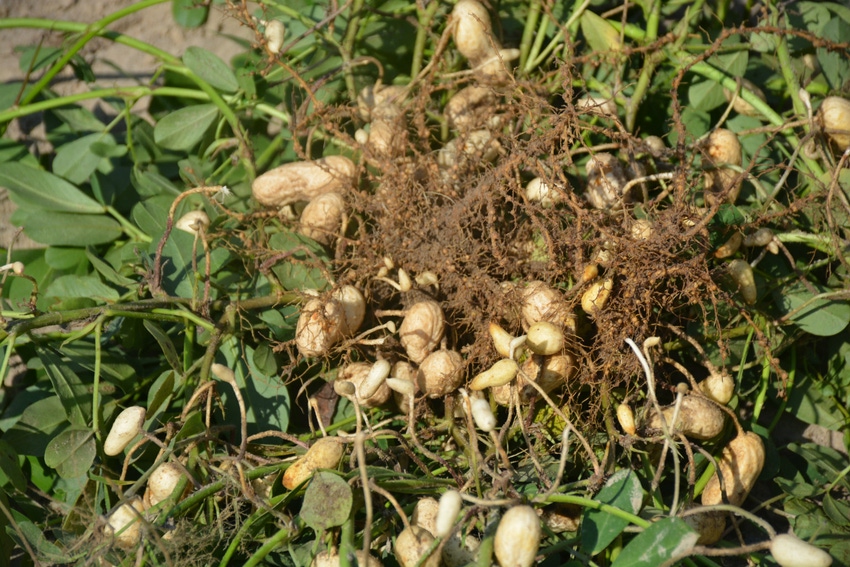
If you are a Virginia peanut farmer and safely apply Lorsban to control Southern corn rootworm, don’t expect to receive high fives or words of support from activist groups congratulating you on a job well done. Yield-robbing pests on your farm are the least of their concerns. They want Lorsban banned.
This is despite the fact that chlorpyrifos, the active ingredient in Lorsban, is safe for pesticide applicators and consumers when label directions are followed. Chlorpyrifos is the only chemical tool registered for Virginia peanut farmers against Southern corn rootworm. It is used on roughly half of the state’s peanut acreage.
Several activist groups such as the Pesticide Action Network North America continue to petition the Ninth Circuit Court of Appeals to ban chlorpyrifos.
In 2015 the Ninth Circuit Court ordered the Environmental Protection Agency to revoke Lorsban’s registration. The Obama administration’s EPA decided not to fight this decision in 2016. But in 2017, the Trump administration’s EPA determined the ban of Lorsban was unwarranted and allowed its registration until 2022 at which point its registration will be up for renewal again.
In August 2018, the court ordered the EPA to revoke all tolerances and cancel registrations within 60 days. Virginia Tech Extension Entomologist Dr. Sally Taylor said this action would have taken it away from use in 2019 peanuts, but in September EPA appealed the decision asking for another trial. On Feb. 9, the Circuit Court decided to rehear the case.
As this column was written, there was no word on the court’s decision. As it stands now, Virginia farmers will be able to use Lorsban to control Southern corn rootworm in peanuts this year. But time will tell
Taylor says the Virginia Peanut Growers Association and Virginia Tech are fighting for the continued use of Lorsban in Virginia, because risk of exposure is very low when label directions are followed, and it is needed to protect one of Virginia’s most valuable and nutritious crops.
Indeed, chlorpyrifos is a potentially dangerous material for pesticide applicators, but Virginia peanut farmers are well aware of this and apply the compound safely and follow label directions. Importantly, Taylor says farmers do a great job of following research-based recommendations and only use Lorsban, or any other insecticide, when absolutely needed for pest control.
Taylor says these facts are important, because they show farmers are doing their part to reduce pesticide usage and have done so significantly, thanks to integrated pest management programs.
“I want to stress that Southeastern U.S. farmers are responsible pesticide applicators. We use pesticides only when we have to, and safely, with no established risk to the consumer. When I write letters to support insecticides, I stress safety, low use rates, and necessity. Our food is so safe,” Taylor says.
Courts and policy makers must heed the wisdom of Taylor and other scientists.
About the Author(s)
You May Also Like






